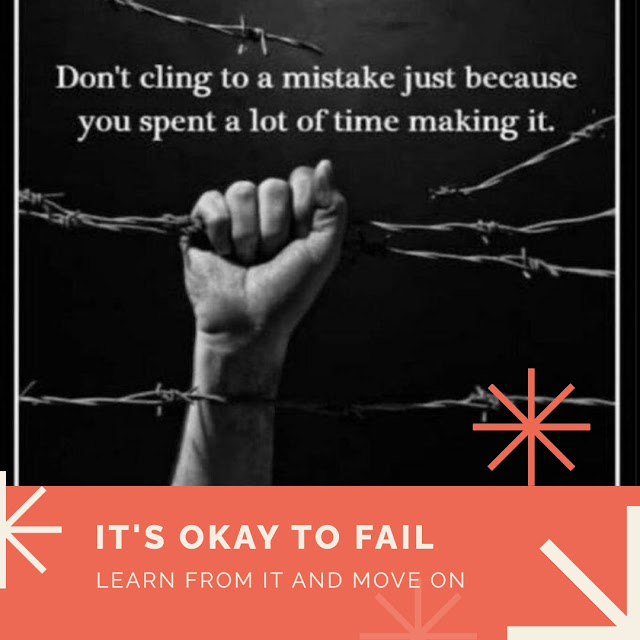Reframing Chronic Care: Unveiling the Potential of Social Determinants and Patient Data
Reframing Chronic Care: Unveiling the Potential of Social Determinants and Patient Data
“The greatest opportunity to improve health and reduce premature deaths lies in personal behavior... In many cases, the most effective health interventions involve modifying behavior, changing the context to make individuals’ default decisions healthy, and providing preventive care.”
- Robert M. Kaplan, Former Chief Science Officer, US Agency for Healthcare Research and Quality
The rapidly evolving healthcare landscape has brought to light an intriguing and increasingly recognized concept: the social determinants of health (SDOH). SDOH are conditions in the environments where people live, learn, work, and play that affect various health, functioning, and quality-of-life outcomes and risks. Identifying and managing chronic diseases in older adults is crucial, and they play a significant role in this process. With the growing importance of patient-generated data (PGD), healthcare providers now have the opportunity to more effectively and comprehensively manage chronic care.
Within the healthcare system, elderly individuals frequently encounter a range of intricate medical, functional, and social requirements that cannot be satisfied through medical treatment alone. Social factors such as housing, food security, social support, and transportation - all part of SDOH - have substantial implications on health outcomes and the ability of older adults to manage their health conditions.
While the traditional approach to chronic care primarily focuses on treating individual health conditions, healthcare providers now recognize the importance of understanding and addressing SDOH. Healthcare providers need comprehensive, accurate, and actionable data to do so. PGD is highly valuable in healthcare. It offers healthcare providers an in-depth insight into a patient’s lifestyle, daily activities, and social determinants of health (SDOH). Healthcare providers may not be able to obtain a thorough understanding of a patient’s health during in-person consultations.
Manik Bhat, the CEO of Healthify (now Wellsky), discusses this emerging approach in an enlightening piece. He proposes restructuring health plans to tackle SDOH. These strategies are shifting from being reactive, relying solely on claims data, to becoming proactive. By conducting SDOH assessments of at-risk members, health plans can identify clinical and nonclinical needs early on, providing an opportunity to deliver whole-person care and prevent high-risk, high-cost situations from escalating. Additionally, organizations like the Institute for Healthcare Improvement offer resources and strategies to incorporate SDOH assessments into healthcare planning and delivery.
Healthcare providers must focus on treating health conditions and acknowledge the interconnectedness of a patient’s environment and health outcomes. Recognizing and tackling Social Determinants of Health (SDOH) is important since they significantly impact one’s health outcomes.
The widespread adoption of health technology, such as Electronic Health Records (EHRs) and health information exchange platforms, makes incorporating SDOH data into a patient’s health profile possible. When paired with the clinical data traditionally collected, this data offers a more comprehensive view of a patient’s health, allowing for more targeted and effective care.
Primary Care Physicians and Geriatricians, as the initial point of contact and the primary healthcare providers for older adults, can be critical in driving this change. However, this approach should involve healthcare providers, health plan designers, policy-makers, and patients. Encouraging patients to be proactive in asking for referrals to specialists, requesting help managing chronic conditions, or even inquiring about the availability of resources to address SDOH can help move the needle.
As Healthcare Consultants, we can be instrumental in facilitating the integration of SDOH into healthcare strategy, delivery, and policy-making. We can provide guidance, develop actionable insights from complex healthcare data, and drive meaningful transformations in health systems and plans.
Addendum: Reference List of Organizations
- American Public Health Association (APHA): APHA is a leading organization in public health that advocates for policies to improve public health, including those that address SDOH. Website
- World Health Organization (WHO): WHO has numerous global resources and initiatives dedicated to addressing SDOH. Website
- The Centers for Disease Control and Prevention (CDC): The CDC's Social Determinants of Health program focuses on creating resources to help communities address SDOH. Website
- The SDOH Academy: This organization offers resources designed to help health centers and communities address SDOH. Website
- Health Leads: This non-profit organization works with healthcare systems to address the root causes of poor health, such as food insecurity and housing instability. Website
- National Association of Community Health Centers (NACHC): NACHC advocates for policies that improve access to care for medically underserved communities. Website
- National Alliance to Impact the Social Determinants of Health (NASDOH): NASDOH is a group of organizations committed to taking action to address SDOH. Website
- Institute for Healthcare Improvement: Provides resources and strategies to incorporate SDOH assessments into healthcare planning and delivery. Website
- American Medical Association: Offers resources and research to help healthcare providers better understand and address SDOH. Website
- Patient-Centered Outcomes Research Institute: Provides information and research on effectively addressing SDOH in patient care. Website
- WellSky (Formerly Healthify): A leading health and community care technology company, previously known as Healthify, under which Manik Bhat, now a Vice President, proposed restructuring health plans to tackle SDOH. Website



Comments
Post a Comment